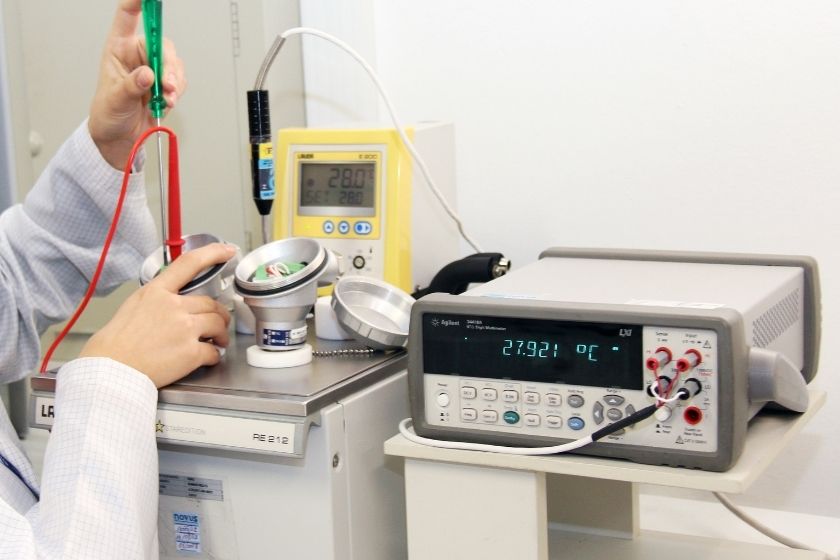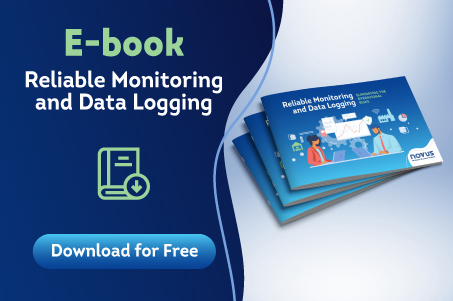The importance of metrological traceability
Have you ever wondered if an instrument calibrated in Brazil has traceability in other countries? Or how do the standards that guarantee traceability work?
In this article written by Ana Tuane Pereira Dias, from the NOVUS Metrology Laboratory you will get all your questions answered!
Does an instrument calibrated in Brazil have traceability outside the country? What would metrological traceability be?
Metrological traceability is the property of the result of a value measurement with a standard related to established references, generally to national or international standards, through a continuous chain of comparisons.
Other elements necessary for metrological traceability are: measurement uncertainty, a measurement procedure, recognized technical competence, metrological traceability to the SI and intervals between calibrations.
But what do we need to know to know if the laboratory follows standardized rules?
Metrological traceability is associated with the laboratory standard – which is compared with that of the client – not requiring accreditation to issue certificates with traceability. In Brazil, for example, if the laboratory is accredited by CGCRE (General Coordination of Accreditation of Inmetro) and issues certificates with RBC (Brazilian Calibration Network) traceability, the laboratory standards must be traceable to other laboratories that also have accreditation.
For laboratories in Brazil to have the RBC seal and issue the certificate with RBC traceability, they must adopt methodologies following the international standards ISO / IEC 17025, and undergo CGCRE audits every two years, to verify that the documentation is being followed correctly.
Following the CGCRE standards and documentation, Brazilian laboratories guarantee that they are using the same calibration processes that everyone else uses, with a standardization accredited by RBC. What changes from one laboratory to another are the internal procedures which, however, are governed by international documents.
Another benefit of RBC traceability is the quality of the final product since – to meet the standards – laboratories need to present a quality management system that guarantees good results.
The calibration carried out in laboratories in Brazil is valid for other countries that have the same processes, with the only difference being the regulatory body.
The same happens with calibrations carried out outside of Brazil to be valid in the country, based on agreements between regulatory bodies. It is important to remember that this applies to CGCRE accredited laboratories.
Inmetro, responsible for Brazilian standards, is a member of ILAC, the international cooperation that brings together laboratory accreditation bodies from all over the world, with the collaboration of the Latin American region and the Asia-Pacific region. In addition to ILAC, Inmetro maintains a cooperation contract with EA, which is responsible for regulation and standardization in European countries.
The NOVUS Metrology Laboratory is accredited by Inmetro / ILAC.
This is the guarantee that the service we offer follows the most demanding international quality norms and standards. The assurance that your product will meet your needs in the best possible way.

















